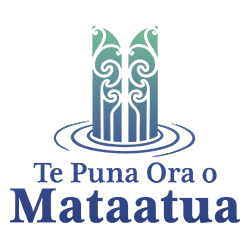Te Puna Ora o Mataatua is working with whānau to rectify an error that occurred at a recent pop-up mobile vaccination event in the Eastern Bay of Plenty.
The error occurred in Waiohau on September 20th where staff in the mobile vaccinations team administered saline or a low dose injection, instead of Pfizer vaccine, to at least 6 out of 34 patients.
Chief Executive Dr Chris Tooley would like to apologise to the patients involved and the wider Waiohau community for this error. He has given assurances the error causes no immediate harm to whānau and steps have already been taken to inform and reassure affected whānau.
“The dosage that was administered will not harm whānau, but it does mean some patients are not adequately protected against COVID-19.
“We sincerely apologise for this error and our immediate priority has been to work with whānau to establish the next steps forward.
“We have also tightened up our clinical protocols on our mobile sites to ensure this does not happen again” says Dr Tooley.
Practice and Mobile Health Manager Kahlise Hata says “upon realising their error the team immediately reported this to the National Immunisation Monitoring Authority (IMAC). We received confirmation of clinical advice on 28 September on next steps and began discussions with Waiohau leadership on 29 September.
“Tikanga Māori protocol requires that we work with Waiohau whānau on how to address this error—and over the last month, this has involved Te Puna Ora o Mataatua, together with the national Immunisation Monitoring Authority, engaging in open kōrero with affected whānau.
“We presented two options for whānau to consider the first being to have a blood test to confirm if they received the vaccine or one of the saline or low dose injections. In the case of the latter, we then offered to administer their first dose again.
“Another option we gave whānau was to choose to receive the first dose again, proceed to second dose after six weeks, then get a booster shot afterwards to ensure protection against COVID-19” says Ms Hata.
Dr Tooley says “the majority of whānau have opted towards having a blood test. Results have recently arrived, and we will begin the process of letting the whanau know of the outcome over the next few days. This will enable us to isolate affected whānau and administer the first dose again accordingly”.
“Our team is committed to protecting the Mataatua rohe, and we strongly encourage all whānau to continue to receive their vaccinations.”





